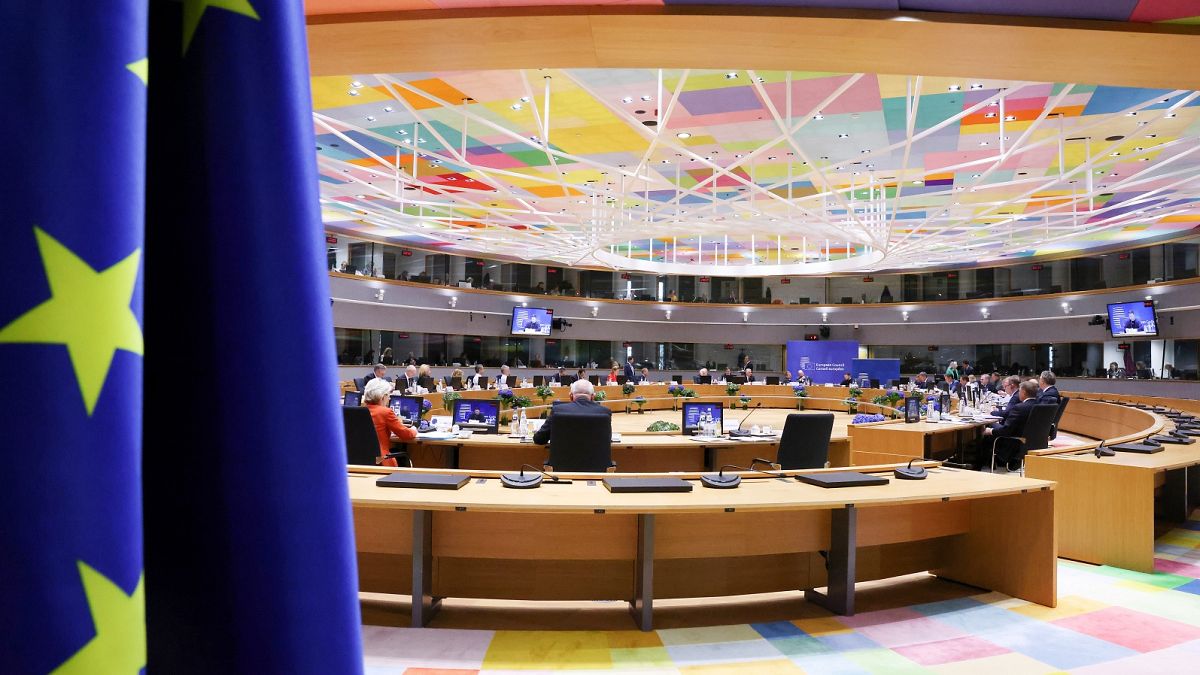The two Commissioners-designate have suggested that unanimity rules in the European Union are slowing down decision-making in the field of foreign affairs and enlargement. In order to bypass these rules and make the bloc more efficient, Kallas Kallas and Marta Kos proposed strengthening the use of constructive abstentionism and passerelle clauses. They argue that the EU’s decision-making in Common Foreign and Security Policy (CFSP) needs to be faster and more efficient in order to respond to urgent challenges. Unanimity rules have hindered the EU’s ability to issue common statements on key issues and provide military assistance to countries like Ukraine.
Kallas, who is set to replace Josep Borrell as the head of the EU’s External Action Service, emphasized the need to move towards Qualified Majority Voting and constructive abstention in order to improve efficiency. She highlighted examples where unanimity rules have been used to block important decisions and how this can go against the principles of the Treaty. Kos, the Slovenian candidate for enlargement policy, also supported the use of passerelle clauses to speed up the process of candidate countries joining the EU. She acknowledged that the requirement of unanimity for every step in the process can significantly slow down progress.
The issue of unanimity versus Qualified Majority Voting has been a contentious topic within the EU, with some member states, like Hungary, strongly opposing the move towards majority voting. Hungarian Prime Minister Viktor Orban has argued that smaller member states would lose their voice in favor of larger ones like France, Germany, and Italy. Despite the challenges they may face in implementing these changes, both Kallas and Kos are committed to exploring options to expedite decision-making processes in the EU.
In addition to Qualified Majority Voting, passerelle clauses are another tool that could potentially allow for faster decision-making in specific cases. These clauses would require unanimous agreement from all 27 member states, which may prove to be a challenge. Both Commissioners-designate are scheduled to appear in front of MEPs next month for confirmation hearings to determine if they will join the EU executive. The discussions around unanimity rules, Qualified Majority Voting, and passerelle clauses are crucial for the future of decision-making in the EU and will impact the efficiency of policy decisions in the years to come.










